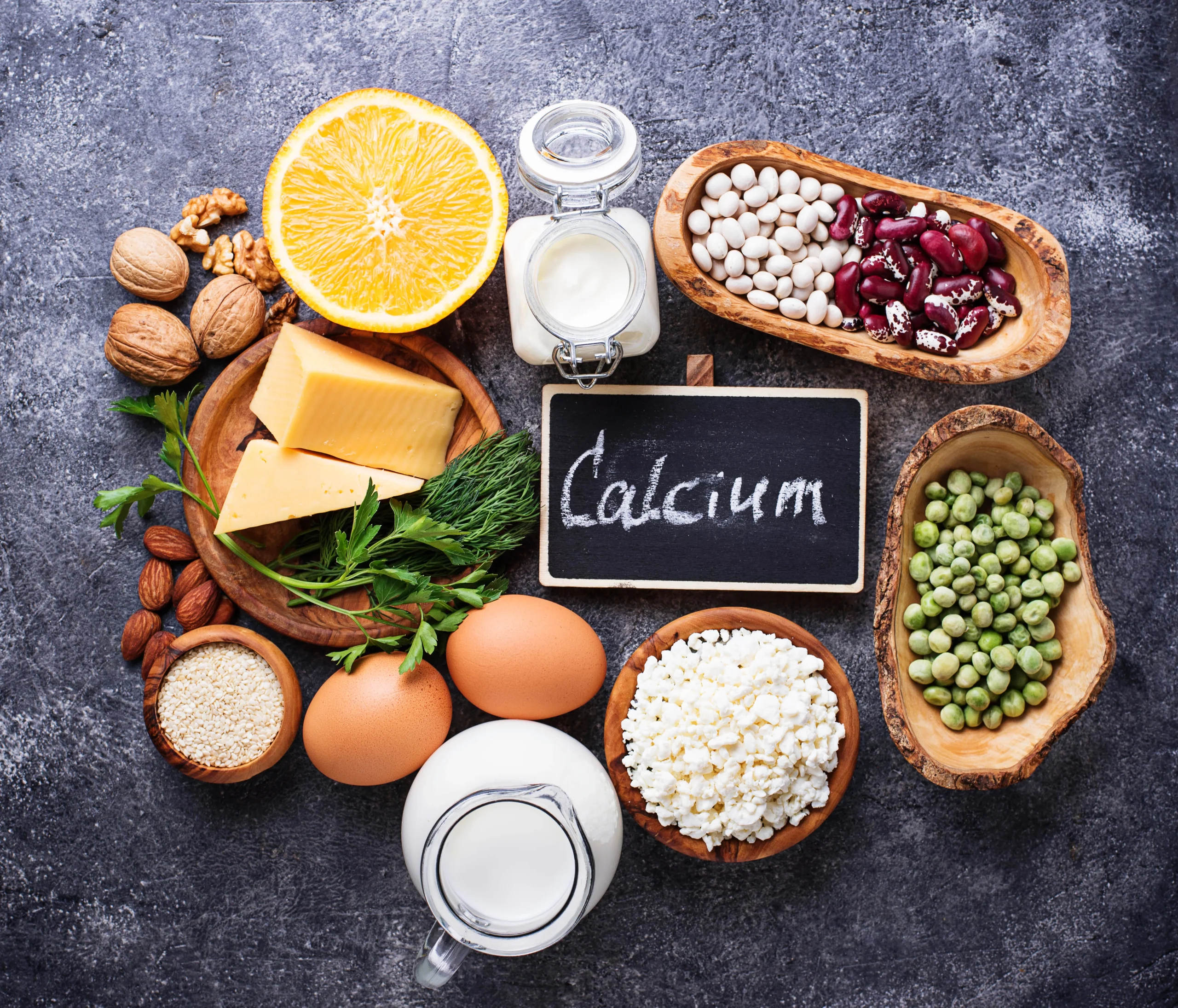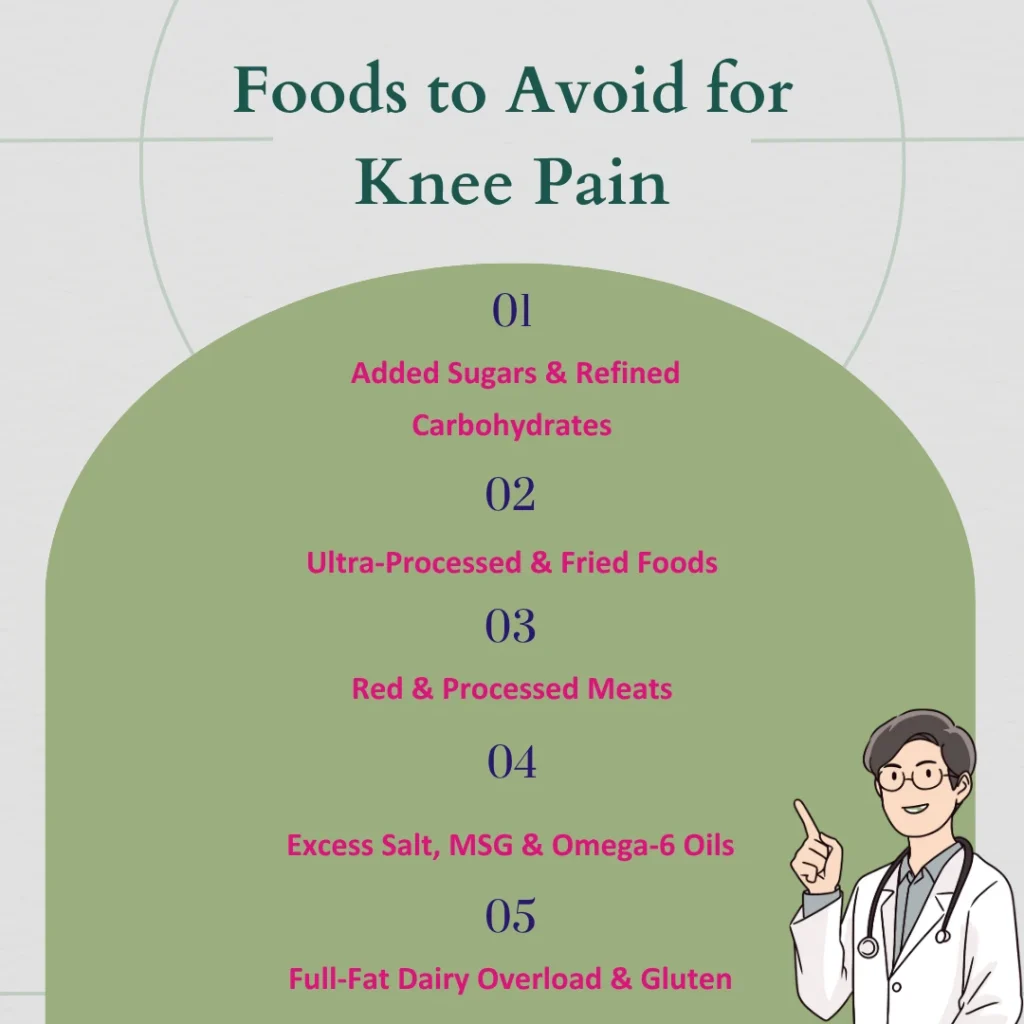Introduction
Knee replacement surgery is a significant medical procedure that can greatly improve your quality of life, especially if you’re struggling with chronic knee pain. However, successful recovery after knee replacement requires more than just the surgery itself. Post-surgery mistakes can lead to complications, delayed healing, or even the need for additional procedures. Understanding and avoiding the top 5 mistakes after knee replacement will help ensure a smoother recovery and a return to your regular activities.
In this blog post, we’ll take an in-depth look at the five most common post-knee replacement mistakes, their potential consequences, and practical advice on how to avoid them.
The Top 5 Mistakes After Knee Replacement You Should Avoid
Knee replacement surgery can be life-changing, but recovery is a process that requires patience, care, and diligence. Even after a successful operation, mistakes in your recovery plan can hinder the healing process. The following are the top 5 mistakes to avoid after knee replacement surgery.
Mistake #1: Not Following Post-Op Rehabilitation Guidelines
Why it’s a mistake:
Rehabilitation (rehab) is essential to a successful recovery. Post-surgery exercises are designed to help restore knee strength, range of motion, and flexibility. Skipping or neglecting rehab exercises can result in stiffness, weakness, and delayed recovery.
Common consequences:
- Loss of knee mobility
- Muscle atrophy
- Increased risk of blood clots
- Slower recovery timeline
How to avoid it:
- Follow your surgeon’s rehab plan: Your surgeon will provide a personalized rehabilitation schedule that includes exercises to regain strength and flexibility. Stick to this plan and attend all physical therapy sessions.
- Start with gentle exercises: Avoid overexerting yourself in the early stages of recovery. Gentle exercises such as ankle pumps and knee extensions can help improve blood flow and range of motion without putting excessive strain on the knee.
- Track your progress: Keep a log of your exercises, pain levels, and improvements. This can help you and your physical therapist adjust your rehab plan as needed.
Mistake #2: Ignoring Pain and Overexerting Yourself
Why it’s a mistake:
After knee replacement, it’s normal to experience some pain and discomfort during the early stages of recovery. However, ignoring pain and pushing yourself too hard can cause inflammation, further damage, and delay your healing process.
Common consequences:
- Swelling and inflammation
- Prolonged pain or discomfort
- Increased risk of injury
- Prolonged recovery time
How to avoid it:
- Listen to your body: If you’re feeling pain beyond normal recovery discomfort, stop the activity and rest. Pain is your body’s way of signaling that something is wrong.
- Take prescribed pain medications as directed: Use pain management strategies such as ice packs, elevation, and medications as prescribed by your doctor to help manage discomfort.
- Gradually increase activity: Start with low-impact activities, like walking or stationary cycling, and gradually increase intensity as you heal.
Mistake #3: Neglecting Weight Management and Nutrition
Why it’s a mistake:
Maintaining a healthy weight is crucial after knee replacement surgery. Excess weight puts additional strain on your new knee joint, which can lead to complications, prolonged healing, or even damage to the implant.
Common consequences:
- Increased wear and tear on the knee joint
- Higher risk of infection
- Slower healing due to nutritional deficiencies
- Higher risk of knee complications in the long term
How to avoid it:
- Follow a balanced diet: Eat a nutrient-rich diet that supports healing, including plenty of protein, vitamins (especially vitamin C and D), and minerals like calcium. Your doctor or nutritionist can help tailor a diet that best supports your recovery.
- Manage your weight: If you’re overweight, aim for gradual weight loss by focusing on healthy eating and low-impact exercises. This will reduce pressure on your new knee joint.
- Stay hydrated: Drinking enough water is vital for overall health and can help reduce inflammation and promote tissue healing.
Nutritional Tips for a Smooth Recovery:
| Nutrient | Importance for Recovery | Food Sources |
| Protein | Essential for muscle repair | Chicken, fish, tofu, beans, eggs |
| Vitamin C | Helps in tissue repair and immunity | Citrus fruits, strawberries, bell peppers |
| Vitamin D | Supports bone health and immune function | Sunlight, fortified dairy, fatty fish |
| Calcium | Aids in bone strength | Milk, yogurt, leafy greens, almonds |
Mistake #4: Not Protecting the Knee from Injury
Why it’s a mistake:
Your new knee joint is a medical implant, and it’s important to protect it during the recovery phase. Not taking the necessary precautions can lead to joint dislocation, infection, or implant loosening.
Common consequences:
- Implant failure
- Joint dislocation or damage
- Infection due to improper care
How to avoid it:
- Avoid high-impact activities: Activities such as running, jumping, or heavy lifting can put unnecessary stress on your new knee. Stick to low-impact exercises like swimming, walking, or cycling.
- Use assistive devices as directed: Use crutches, walkers, or canes as needed, particularly during the early stages of recovery when your knee is still weak.
- Be cautious with household tasks: When performing tasks around the house, be mindful of slipping, tripping, or falling. Install grab bars in the bathroom and ensure that your home is free from obstacles.
Mistake #5: Failing to Monitor for Complications
Why it’s a mistake:
Post-surgery complications can arise, even after a successful procedure. Failing to recognize warning signs can lead to more serious health problems, such as infections, blood clots, or joint instability.
Common complications to watch for:
- Signs of infection (fever, redness, swelling around the incision)
- Sudden, severe pain or swelling
- Difficulty moving the knee
- Shortness of breath, chest pain, or leg swelling (indicating a possible blood clot)
How to avoid it:
- Stay vigilant for complications: Regularly monitor the surgical site for any signs of infection, such as unusual redness, warmth, or drainage. Contact your doctor immediately if any symptoms appear.
- Follow up with your doctor: Regular follow-up appointments with your surgeon are crucial to monitor your healing process and catch any potential issues early.
- Know the signs of blood clots: Blood clots are a serious risk after knee replacement surgery. Make sure to perform ankle pumps, elevate your leg, and avoid prolonged periods of immobility to reduce the risk.
Recognizing Red Flags:
| Symptom | Potential Issue | Action to Take |
| Redness, warmth, or pus around incision | Infection | Contact your doctor immediately |
| Severe pain or swelling in the leg | Blood clot or other complications | Seek medical attention ASAP |
| Shortness of breath, chest pain | Pulmonary embolism or blood clot | Seek emergency medical care |
Conclusion: Achieving a Successful Recovery After Knee Replacement
Recovery after knee replacement surgery is a journey that requires dedication and attention to detail. By avoiding these top 5 mistakes, you can significantly improve your chances of a smooth and successful recovery. Always remember that communication with your healthcare team is key to addressing any concerns that arise during your recovery.
By following your rehabilitation plan, managing your weight, protecting your knee, and keeping an eye out for complications, you’ll be well on your way to regaining strength and mobility. Be patient, stay positive, and give your body the time it needs to heal.
For more personalized advice, reach out to the team at Kolekar Hospital. We’re here to support you through every step of your recovery!
![]()







